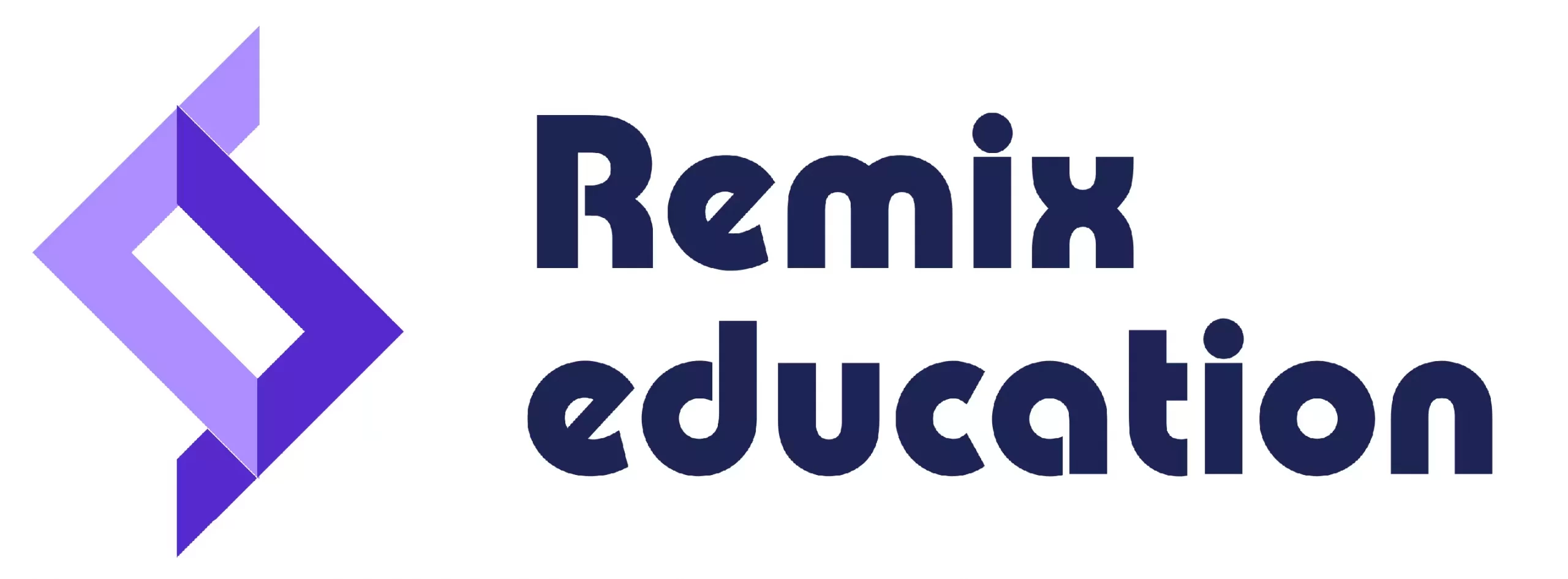Essential Drugs Concept (Pharmacology)
Although a large number of medicines are available in the market, all of them may not be necessary for majority of population. Based on this observation, World Health Organisation (WHO) proposed a concept of ‘essential medicines’ in 1977. According to this concept, essential medicines are those that satisfy the priority health care needs of the population. They are selected with due regard to public health relevance, evidence on safety and efficacy, and comparative cost-effectiveness. Essential medicines are intended to be available within the context of functioning health systems at all times in adequate times, in the appropriate dosage forms, with assured quality and adequate information, and at a price the individual and the community can afford. The implementation of the concept of essential medicines is intended to be flexible and adaptable to many different situations; exactly which medicines are regarded as essential remains responsibility of that country.
In the first, 1977 version of list of essential medicines, 208 medicines were identified to address the global burden of disease at that time. The list is revised by a committee of independent experts after every two years to reflect new health challenges, pharmaceutical developments and changing resistance patterns by microorganisms. In 2007, 30th anniversary of WHO was celebrated. By then 156 of 193 WHO member states have official essential medicine lists, of which 127 countries have been updating it in past 5-10 years. The list of essential medicines published in 2007 contains 340 medicines including drugs for malaria, HIV/AIDS, tuberculosis, reproductive health, chronic diseases like cancer and
diabetes. The list of essential medicines published in October 2007 contained for the first time “Essential Medicines for children”. The list of essential medicines for children is also updated every two years. In the year 2015, 19th model list of essential medicines and 5th revised list of essential medicines for children has been published by WHO. The 20th revision of essential medicines and the 6th revision of essential medicines for children is in the process.
Government of India has published a list of essential medicines. Few states have implemented it. In the year 2013, eighth edition of essential medicines list for the National Capital Territory of Delhi has been published. Few other states like Rajasthan, Kerala, Karnataka and Madhya Pradesh have essential lists prepared by an expert committee and the concept is implemented in these states.
